Unlock the power of drone technology in farming. Enhance crop health, streamline monitoring, and optimize your agricultural management with our advanced tools.
Welcome to Drone Farm
We offer a comprehensive range of agricultural drone services. With years of experience, we’ve harnessed our expertise to deliver high-quality services to our clients. Our team provides full support at every stage. Choose us for top-tier Drone Farming experiences!

Contents
- 1. How does drone monitoring enhance crop health?
- 2. Enhanced efficiency with drone farming operations
- 3. Increases in crop yields through drone monitoring
- 4. Drone monitoring provides precise crop health data
- 5. Better crop health management with drone monitoring
- 6. Potential cost savings from more efficient farming
- 7. What are the long term benefits of drone monitoring for crops?
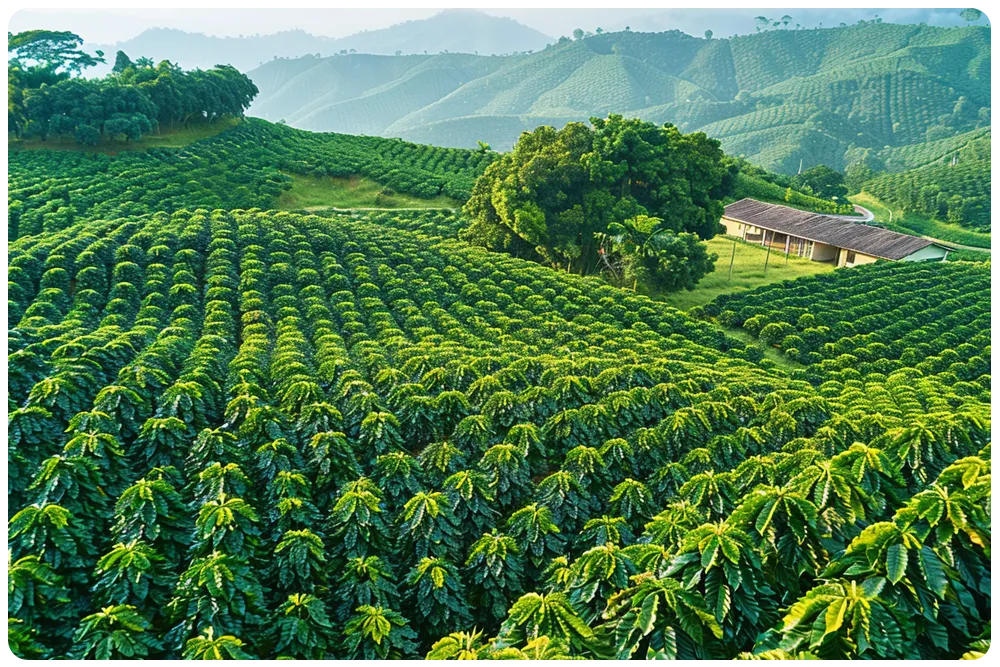
1. How does drone monitoring enhance crop health?
Discover how drone technology is redefining agricultural practices and contributing significantly to crop health management and enhanced yield. This drone-centric portal is designed to educate and inform users about the myriad benefits of using drone technology in farming and agriculture.
The Impact of Drone Monitoring on Crop Health
Well-being of the crops and their exponential growth are key concerns for any farmer. Incorporating drone technology into farming practices could transform these concerns into substantial growth and efficiency. By utilizing aerial imagery and capturing real time data, a drone can offer unprecedented insights into the health of your crops.2. Enhanced efficiency with drone farming operations
As a significant addition to advanced agricultural practices, the agricultural drone is revolutionizing farming operations, enhancing their efficiency, and transforming crop yields. Leveraging cutting-edge technology, drones enable farmers to manage their fields with unprecedented precision, leading to significant improvements in crop health and yield.
How Drone Unlocks Farming Efficiency
Combining hyperspectral, multispectral, and thermal capabilities, drones can quickly identify areas of the field that are stressed before these issues are visible to the naked eye. This early detection permits farmers to take proactive steps, such as adjusting their irrigation systems or applying additional fertilizers, thereby preventing larger issues that could impact crop yield.
Influence on Crop Yields
By offering real-time, high-resolution data, drones provide an accurate picture of the farm’s condition. Using this data, farmers can make informed decisions about the best course of action to optimize crop yields. These data can relate to soil fertility, the presence of pests, or irrigation issues – aspects that would be difficult to ascertain with bare eyes but vital for increased crop yields.
Aiding in Monitoring Crop Health
Furthermore, drones possess immense potential in monitoring crop health. Equipped with advanced sensors and digital imaging capabilities, drones can detect changes in crop health and identify signs of illness before they spread across the entire field. This early-warning system allows farmers to address the small area that is affected, thus restraining the spread of the disease and minimizing crop losses.
Step-by-step Guide on Drone Farming Operations
- Run an initial scan of your field using the drone’s onboard sensors and imaging systems.
- Analyze the collected data to identify potential challenges such as crop diseases and pests.
- Deploy adequate solutions, like targeted pesticide application or improved irrigation systems, to counteract the detected issues.
- Follow up with regular drone monitoring to evaluate the effectiveness of implemented solutions and make necessary adjustments.
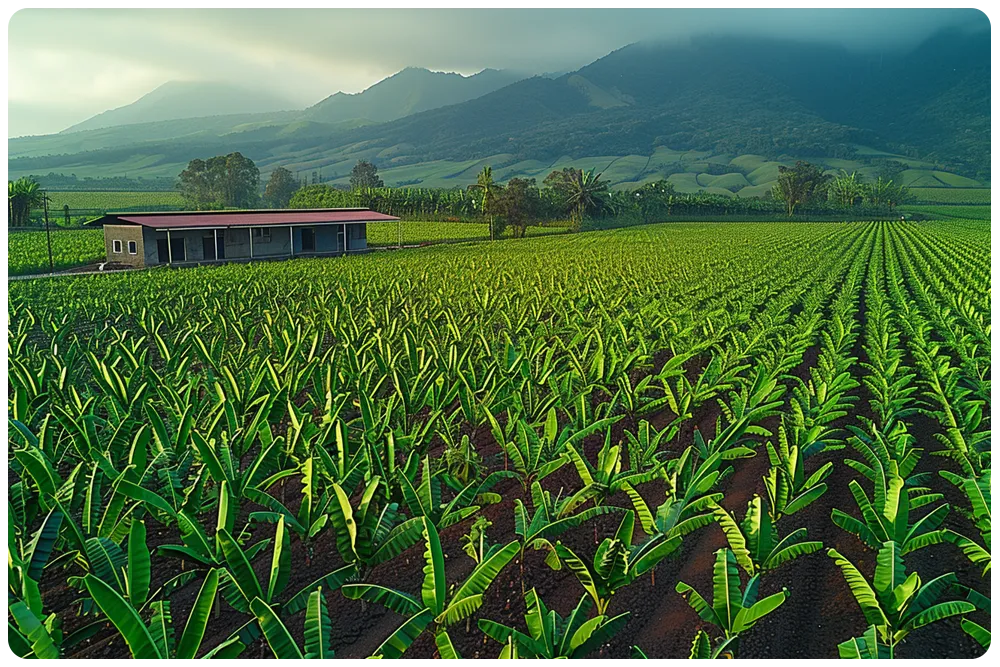
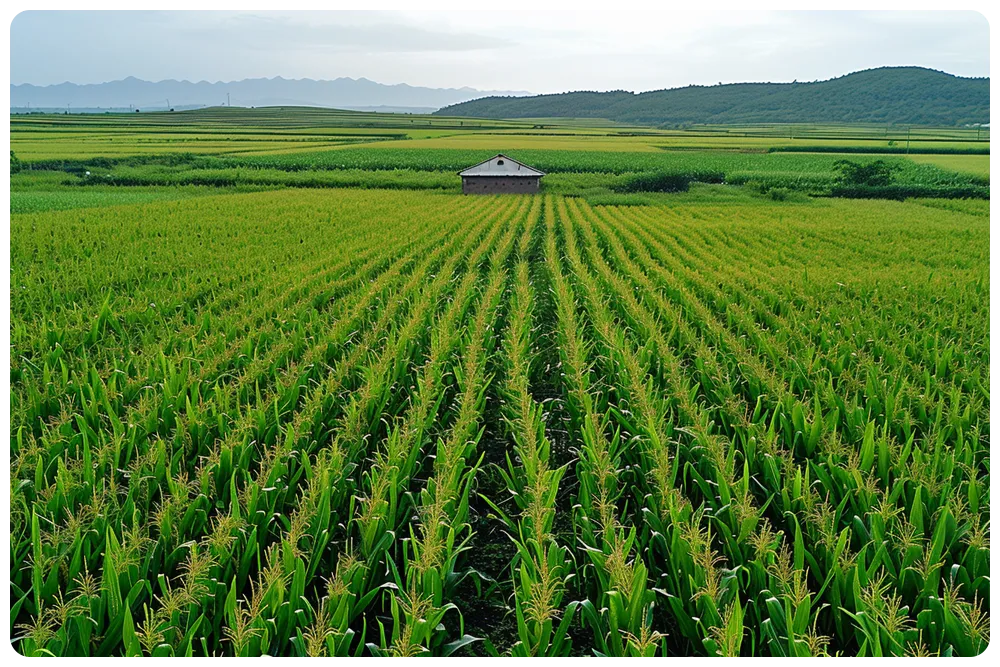
3. Increases in crop yields through drone monitoring
Increases in Crop Yields Through Drone Monitoring
As we delve into the dynamic world of agricultural drone technology, we uncover its remarkable influence on today’s farming practices. Specifically, drone monitoring profoundly amplifies crop yields and overall farming efficiency through broad yet meticulous applications.
The drone, with its cutting-edge technology and precision capabilities, is a revolutionary tool in crop monitoring, an essential facet of agricultural management.
Drone Monitoring: The Backbone of High-Yielding Agriculture
Drone monitoring engages scientific and technological principles to support farmers in avoiding wasted efforts and maximizing potential crop yields. This powerful technology targets the following areas of crop management:
- Crop Health Assessment: The drone, equipped with sophisticated imaging technology, provides an eagle’s eye view of crop health, enabling farmers to detect early symptoms of disease, nutrient deficiencies or other issues that could impact yields.
- Pest Detection: Drones can scan an entire field within minutes, gathering vital information about potential pest outbreaks that can be quickly remediated.
- Irrigation Management: Through thermal sensing, drones illustrate which areas of a farm are too dry or too waterlogged, aiding in efficient water management.
Enhancing Efficiency and Productivity
The drone’s ability to rapidly collect extensive data drastically reduces the time spent on manual crop scouting and adds accuracy, therefore acting as a pivotal instrument in increasing efficiency and productivity. The added value of these technological leaps in farming weighs significantly on the surge in crop yields.
Aside from monitoring, it is unquestionable that drones drive advances in precision agriculture. From disease detection to crop status updates and irrigation management, the drone stands as a signpost guiding us towards smarter and more profitable farming.
4. Drone monitoring provides precise crop health data
Revolutionizing Farming with Agriculture Drone Technology: High Precision Crop Health Data is at your Fingertips
Agricultural drones are transforming the farming industry, pushing the boundaries, and facilitating maximum efficiency and increased crop yields. Employing a drone for close-range, field monitoring offers farmers a unique, comprehensive perspective, enabling detailed analysis of crop health.Efficiency through Drone Monitoring
A drone in agriculture, equipped with advanced multi-spectral imaging sensors, can provide detailed, hyper-accurate data about crop health. This high precision data helps farmers carry out the following tasks efficiently:- Detection of Crop Diseases: Any indication of crop disease is identified by the drone early, allowing farmers to treat infected areas promptly, thus preventing a wider spread.
- Irrigation Management: The drone helps identify regions of the field that are under-irrigated or over-irrigated. This allows farmers to adjust water distribution, ensuring that each crop gets the right amount of water.
- Nutrient Tracking: An agricultural drone can monitor nutrient levels accurately. By identifying areas requiring additional nutrients, farmers can distribute fertilizers more effectively.
Increasing Crop Yields with Drone Monitoring
The utilization of a drone in crop monitoring can significantly enhance crop yields. With real-time data on crop health, farmers can intervene immediately to deal with potential yield-reducing factors such as pests, nutrient deficiencies, and water stress. This proactive approach fosters optimal growth and maximum yield.Conclusion: A New Era of Farming with Drone Technology
The benefits of employing a drone in farming are clear. This innovative technology provides farmers with a multitude of data points, crafting a full picture of crop health. It promotes increased efficiency and yield, revolutionizing traditional farming methods. In the face of changing climate conditions and growing global food demands, the use of a drone in agriculture marks a giant leap towards smart farming.Industry Standard Best Practices with Drones
In order to maximize the benefits of drone technology in farming, a few best practices are recommended:- Select a drone equipped with high-quality imaging sensors for accurate data collection.
- Ensure drone operators are trained adequately and adhere to all safety regulations.
- Regularly review and update drone data for optimal field management.
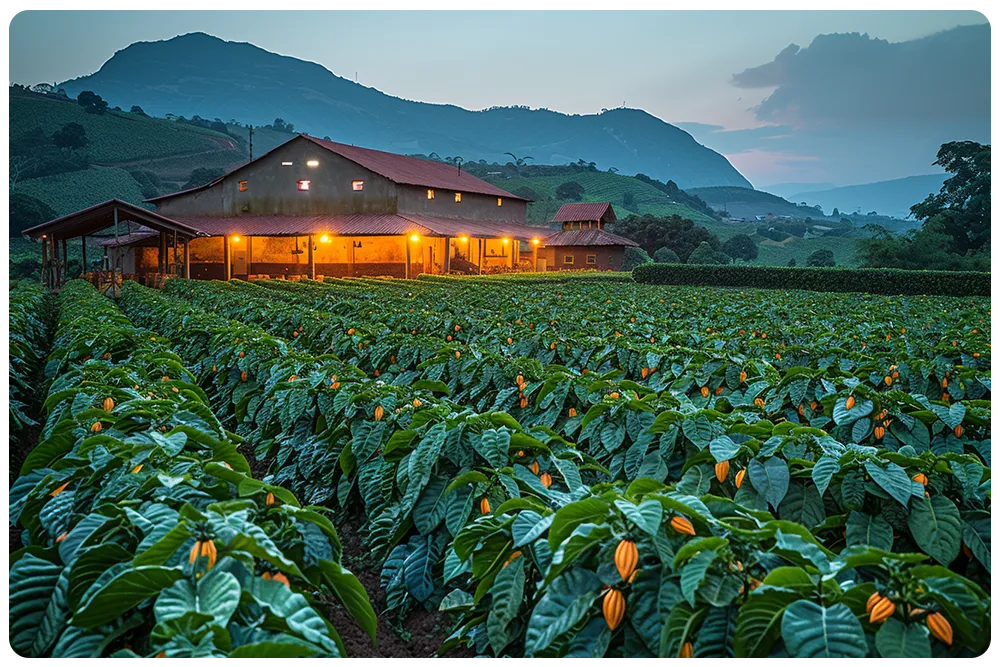

5. Better crop health management with drone monitoring
Better Crop Health Management with Drone MonitoringWelcome to the world of advanced farming where efficiency is the soul of the operation. One notable tool revolutionizing the agricultural sector is the drone. Synonymous with precision and accuracy, drone technology is trailblazing a new era in farming.Efficiency and Increased Crop YieldsThe drone, an emissary of efficiency, represents a giant leap from traditional farming methodologies. Apartments from its versatility, the drone offers unrivalled competence in crop monitoring, a key aspect of agricultural management.
Crop Monitoring with Drones
Implementing drone technology offers farmers an upper hand in detecting and managing potential threats to crop health. A drone can traverse large fields, vigilantly scanning and capturing vital data on crop health.Drone monitoring provides high-definition images that reveal minute details, often missed by the human eye. These images can pinpoint specific areas afflicted by pests, fungi, or other biological intruders. Ultimately, this empowers farmers to promptly address issues before they escalate, conserving resources and maintaining crop yields.Aspects that drones monitor include:- Plant health and vitality
- Moisture levels and irrigation uniformity
- Disease and pest infestations
6. Potential cost savings from more efficient farming
Potential cost savings from more efficient farming
Embarking upon the venture of drone-facilitated farming can furnish an abundance of benefits, largely manifesting in increased efficiency and enhanced crop yields. By the virtue of drone technology, we have the luxury to optimize agricultural processes, save costs, and subsequently boost the productivity and economy of the farm.
Efficient Agricultural Practices
Employing drone systems for farming duly dismiss the requirement of traditional practices which are typically labor-intensive and time-consuming. In contrast, a drone swings into action expeditiously, scanning vast farmlands in a matter of minutes. The efficiency of a drone is invariably high, saving both valuable time and excerpting manual labor.
- Field Scouting: Drones effortlessly acquires overriding view of hectares of fields, identifying potential issues like pest infestations, nutrient deficiencies, and irrigation problems. This rapid detection helps organization take preventive measures swiftly, averting costly catastrophes.
- Fertilizer Application: With drones, fertilizers can be applied more evenly and accurately reducing the waste and protecting the environment simultaneously.
- Reducing Resource use – Water and Chemicals: Drones foster precision agriculture, optimizing the use of resources resulting in considerable savings.
Improved Crop Health
Guided by data captured by drone, farmers can gauge the health of their crops. Armed with this data, strategic decisions regarding the maintenance and treatment of crops can be made. Using drones to monitor crops not only helps in early detection of plant diseases, but also in minimising crop loss.
- Disease Detection: With drone mapping, farmers can locate diseases symptoms even before they become visible to the naked eye. Early detection provides more time to manage and eventually recover the crop.
- Heat Stress: Drones equipped with thermal imagery measures the radiated heat from crops to determine plant stress, guiding farmers to adjust irrigation schedules accordingly.
- Systematic Crop Analysis: Regular drone monitoring enables farmers to record and analyse crop growth patterns in a more detailed and systematic way.
It is evident that the value offered by drone technology in farming is not to be underestimated. Its optimization of agricultural processes and farming activities inevitably leads to cost savings and improved yield, making it an innovative trend that will certainly have a profound impact in the sector.

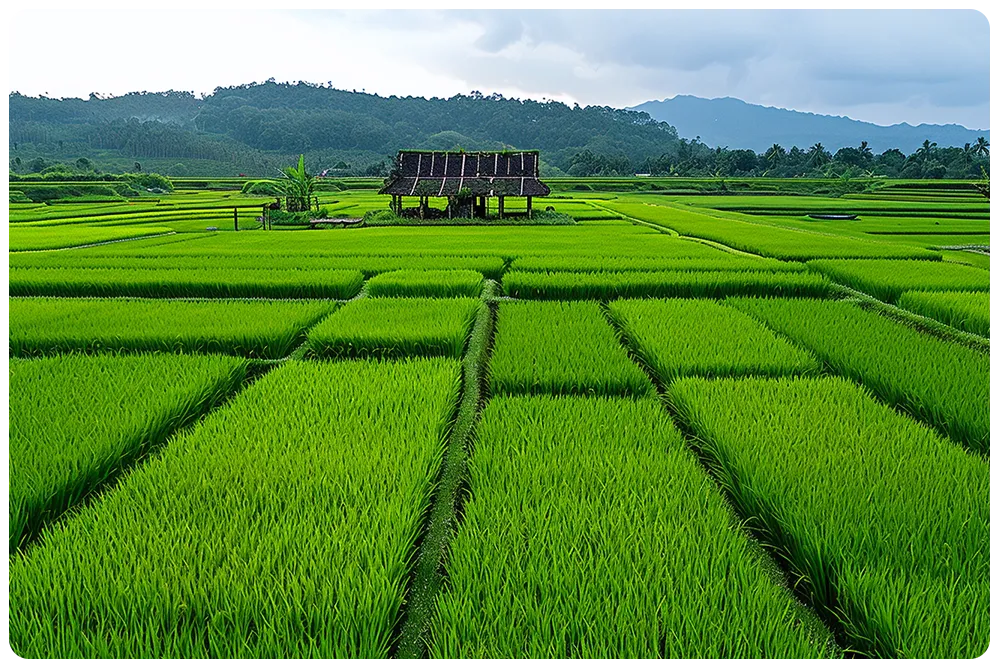
7. What are the long term benefits of drone monitoring for crops?
The Long-Term Benefits of Drone Monitoring for Crops
The usage of drone technology in agriculture is evolving rapidly, becoming a crucial tool to optimize crop production and boost overall farm efficiency. This radical advancement in farming practices now brings forth a question of utmost concern – What are the long-term benefits of drone monitoring for crops?
Enhanced Efficiency and Increased Crop Yields
Efficiency: The integration of drone technology into farming practices ensures an increased level of efficiency in farm management. The drone, in its solitary flight, captures real-time data with immense precision. This data, in turn, assists farmers in making well-informed decisions concerning irrigation, fertilization, and harvesting. The time and resources saved through these calculated decisions deliver heightened efficiency.
Crop Yields: Drones are not just about efficiency; they are significantly beneficial in increasing crop yields too. By offering comprehensive visual analyses of crop health, a drone helps in identifying potential areas of disease or pest manifestation. Early detection allows for timely intervention, thereby reducing losses and resulting in increased yields.
Improved Crop Health Monitoring
One major factor that reveals the sheer merits of agricultural drones is their impact on crop health monitoring. A drone, in all its singularity, holds enormous potential to keep crop diseases at bay.
- Precision Monitoring: A drone provides precise, real-time insights enabling farmers to spot the initial signs of crop illness at an early stage. This prompt detection makes it easier and quicker to deploy remedial measures.
- Disease Management: Drones equipped with advanced imaging technology can identify specific disease patterns, helping farmers to apply targeted treatments. This not only minimizes crop disease impact but also reduces the risk of diseases spreading across the farm.
In conclusion, long-term drone monitoring redefines the conventional boundaries of agriculture by enhancing efficiency, boosting crop yields, and revolutionizing crop health monitoring. Hence, it’s fair to regard drone technology as the frontier of twenty-first-century farming.